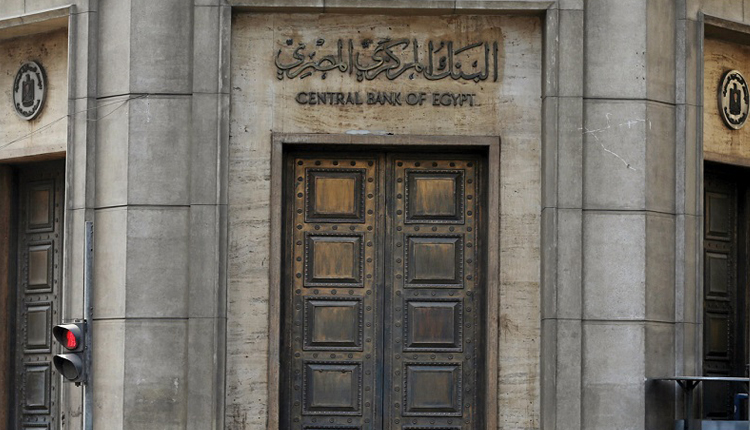Egypt’s Central Bank is expected to keep interest rates steady at its meeting on Thursday, a Reuters poll showed on Tuesday, with most analysts saying a cut is unlikely ahead of fuel price increases due this summer.
Eleven out of 14 economists polled by Reuters said the Central Bank of Egypt’s (CBE) monetary policy committee was unlikely to change its overnight rates, with deposits at 15.75% and lending at 16.75%.
Two analysts predicted the CBE would trim its key rates by 50 basis points (bps) and one expected a cut of 100 bps.
“Inflation has tamed slightly and the Egyptian pound has been firm,” Angus Blair, chairman of business and economic forecasting think-tank Signet said via a WhatsApp message.
“This positive economic window (before further hydrocarbon subsidy cuts push inflation higher in a few months) should see a cut in the bank rates to help reduce the government interest costs, allowing for greater fiscal manoeuvrability.”
Still, most analysts said the forthcoming fuel subsidy cuts and worries over the U.S.-China trade conflict were likely to weigh on the CBE decision.
“The CBE will likely be reluctant to change its monetary stance at this point, given the anticipated energy subsidy cuts expected next month,” said Hany Farahat, senior economist at Egyptian investment bank CI Capital.
TOUGH MEASURES
Egypt is due to lift remaining subsidies on most fuel products by mid-June as part of an economic reform programme tied to a $12 billion, three-year loan with the International Monetary Fund agreed in 2016.
Other measures agreed under the loan include a sharp devaluation of the currency and introducing a value-added tax.
“While inflation decelerated in April, we think the CBE is likely to opt not to act on rates until after the upcoming fiscal measures are implemented,” said Mohamed Abu Basha, an economist at Egyptian investment bank EFG Hermes.
Headline inflation decelerated to 13% in April from 14.2% in March. It had fallen slightly in March from 14.4% in April, its highest since November. The bank’s target range is 10% to 16%.
Core inflation, which strips out volatile items such as food, also fell in April to 8.1% from 8.9% the previous month.
After a surprise cut in February, the CBE held rates steady at its March 28 meeting, saying the decision was “consistent with achieving the inflationary target of 9%” by the fourth quarter of 2020.
Analysts said the CBE would likely wait until the fourth quarter of 2019 for further monetary easing, given the fuel subsidy cuts and the concerns over global trade.
“A patient stand is required at this stage to assess the impact of all possible outcomes of the current trade conflicts,” said Mona Bedir, senior economist at Egyptian investment bank Prime Holding.
“We expect the CBE will maintain policy rates stable during Q3 and resume with easing in Q4 2019,” Farahat said.
Source: Reuters
